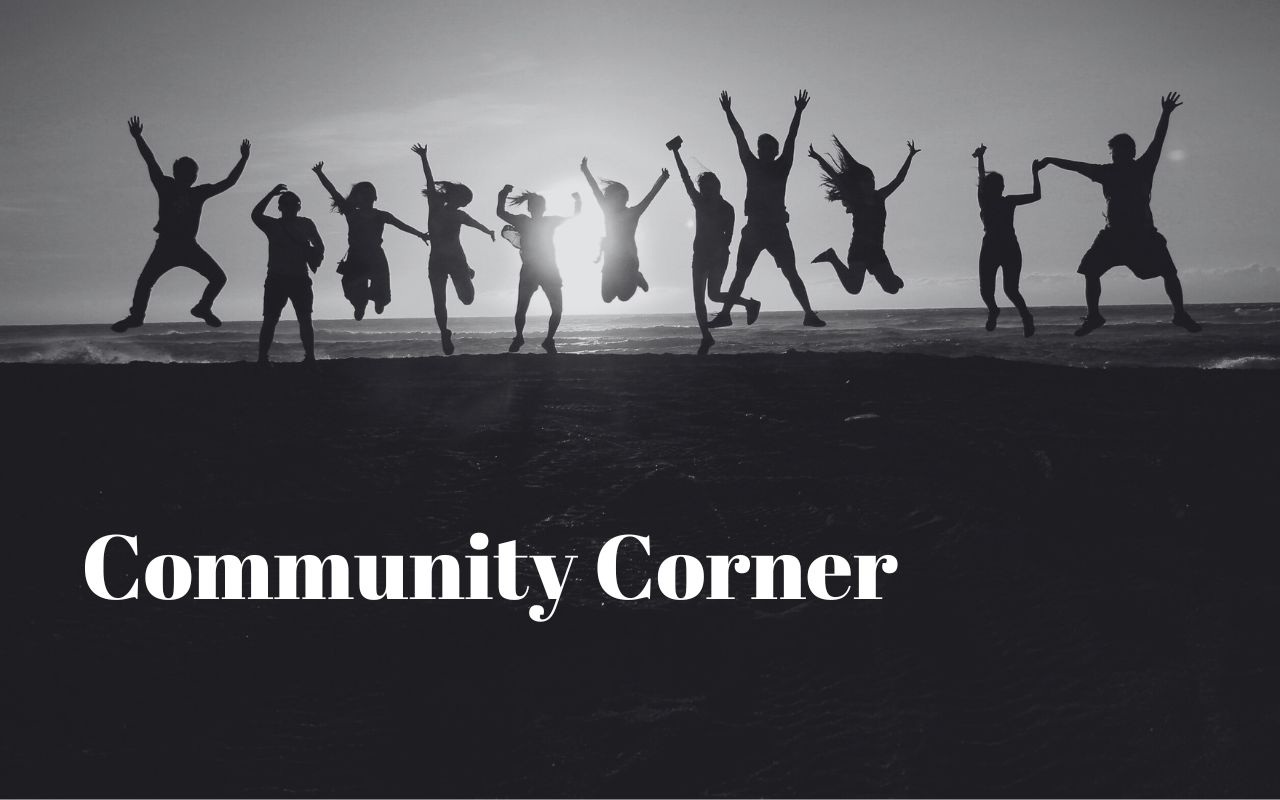
Community Corner is a series that invites the public to contribute their thoughts, reflections, observations, and more about the world around us, particularly as it relates to jazz and music overall. Earshot Jazz is dedicated to amplifying the voices and stories of artists and community members alike. The thoughts and opinions expressed in this series are the author’s own and do not necessarily reflect those of Earshot Jazz. Please email submissions to editor@earshot.org.
This month, writer and musician Stephen Reed Griggs shares an excerpt of a chapter from his forthcoming memoir, A Love Extreme: Passions of a Part-Time Musician (w.t.).
“I like to be moved. I like to feel things. I like to feel music because that is the way I am… I want to enjoy myself.”
– Elvin Jones
When 70-year-old jazz drummer Elvin Jones arrived in Seattle to record with me, I waited anxiously at the airport gate. Last off the plane, Elvin and his wife, Keiko, emerged in tandem, their regal presence casting a charismatic spell.
Elvin ambled over, flashing an immense, toothy grin. He locked his dark eyes on mine, broad shoulders and gigantic hands wrapping me in a bear hug, lifting me off the ground. He squeezed out my self-doubt. His growling, stuttering laugh washed me in warm familiarity. I hadn’t played a note of music with him — he had never even heard me play the saxophone — but already he welcomed me like family.
Elvin was two years older than my own father. They both came from farming families in northern states, and I admired their successes in non-farming careers. My father expanded knowledge of the heart as a scientist. Elvin expanded joy through sharing his heart as a performing artist.
I loved Elvin’s artistry as a pioneering percussionist propelling the John Coltrane Quartet to worldwide popularity in the ‘60s. Elvin agreed to record with me on the endorsement of a mutual friend in the regional family of Pacific Northwest musicians.
A cynic might label this recording a vanity project because I financed it myself and filled many roles: performer, composer, producer, publisher, and promoter. But I had invested years in my craft and could finally afford to organize this ambitious project to serve my passion. I did not relish being the center of attention, however. My bold step could have made me a big target for criticism, even from myself. Undaunted, I forged ahead.
Early the following morning, I drove with my wife, Doris, to a comfortably renovated barn 20 miles northeast of Seattle. I prepared a handful of fresh bamboo tenor saxophone reeds and warmed up my lungs before others arrived at the studio. My isolated saxophone sound echoed off four surfaces of the 40-foot-high gambrel ceiling, adding an attractive glow to my tone. There was a lot of air in the barn, and soon, it would be vibrating with my breath and Elvin’s motion.
Silence. Sunlight streamed in through the skylights. There was nothing to do but be present. No more planning. No more remembering. I had assembled all the right ingredients for fate to smile on me. Elvin casually smoked cigarettes deftly held between his puffy fingers. We sat on a bench outside, talking about some of the scores over which we would improvise. He playfully kicked a ball with his size 13 EEE feet to a little white dog. We moved into the large studio room.
When Elvin beheld the size of Doris’ eight-month pregnant belly, he opened his eyes wide, looked side to side, and rumbled, “My playing has been known to induce labor.”
Doris chuckled. “I hope not, because Steve would have to leave and drive me to the hospital!” Our first and only child, Ruben, was due in two weeks.
Elvin had accompanied Coltrane’s 1964 transition into fatherhood during their recording of A Love Supreme, soon after Alice McLeod gave birth to John Jr. Thirty-four years later, I was approaching the same liminal life event as Coltrane with the same master musical companion. The unconditional love and awe a father feels for his first biological child lifted Coltrane’s artistry to transcendent resonance. I wanted to ride that wave, too.
Elvin’s groove choreographed a new dance of time for me. Time switched from Chronos—the Greek depiction of a cruel, weary elder carrying an hourglass to measure time—to Kairos—the mischievous winged youth carrying a razor to measure the perfect moment of opportunity. Instead of a ticking second hand jerking around a clock’s face, Elvin’s second hand swept smoothly, sometimes quicker, sometimes slower, each stroke melting into a liquescent stream. So much open space grew between one moment and the next that time felt slow. I could understand why musicians referred to Elvin’s beat as “wide.” It invited me into the moment. Everything was now. Elvin’s focus on the present moment gave me a generous gift. His slowness offered a rubato freedom to transcend trouble, relax, and rejoice.